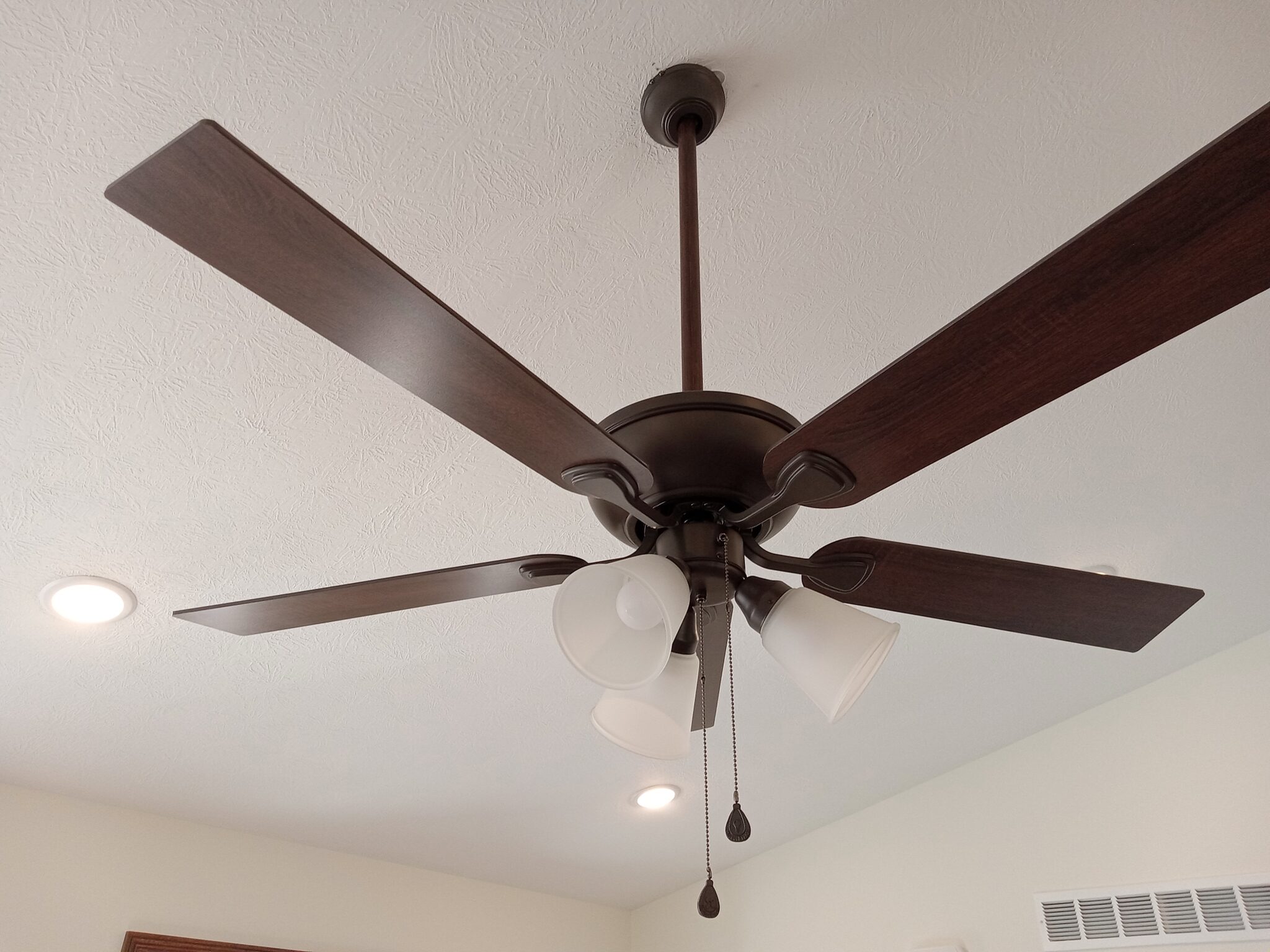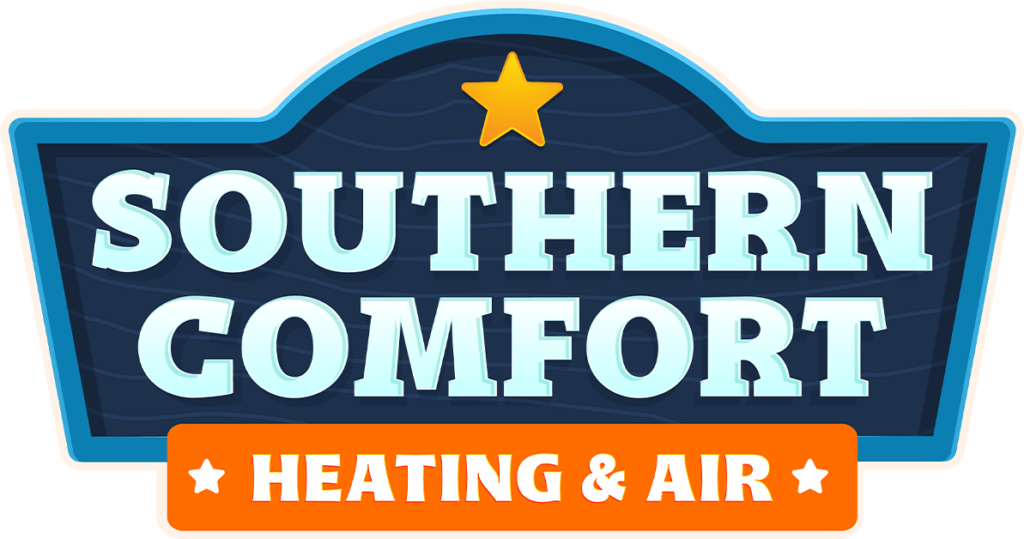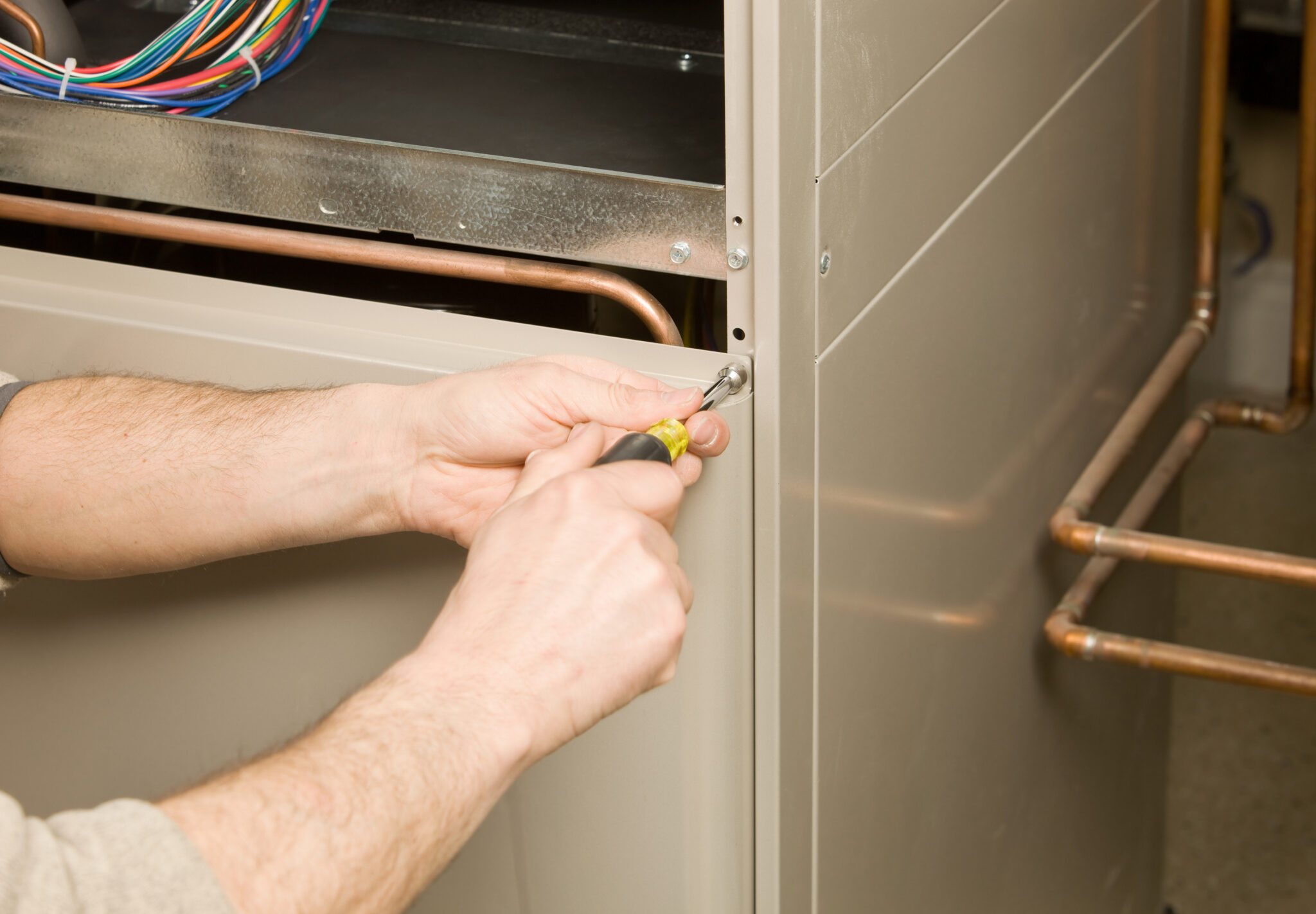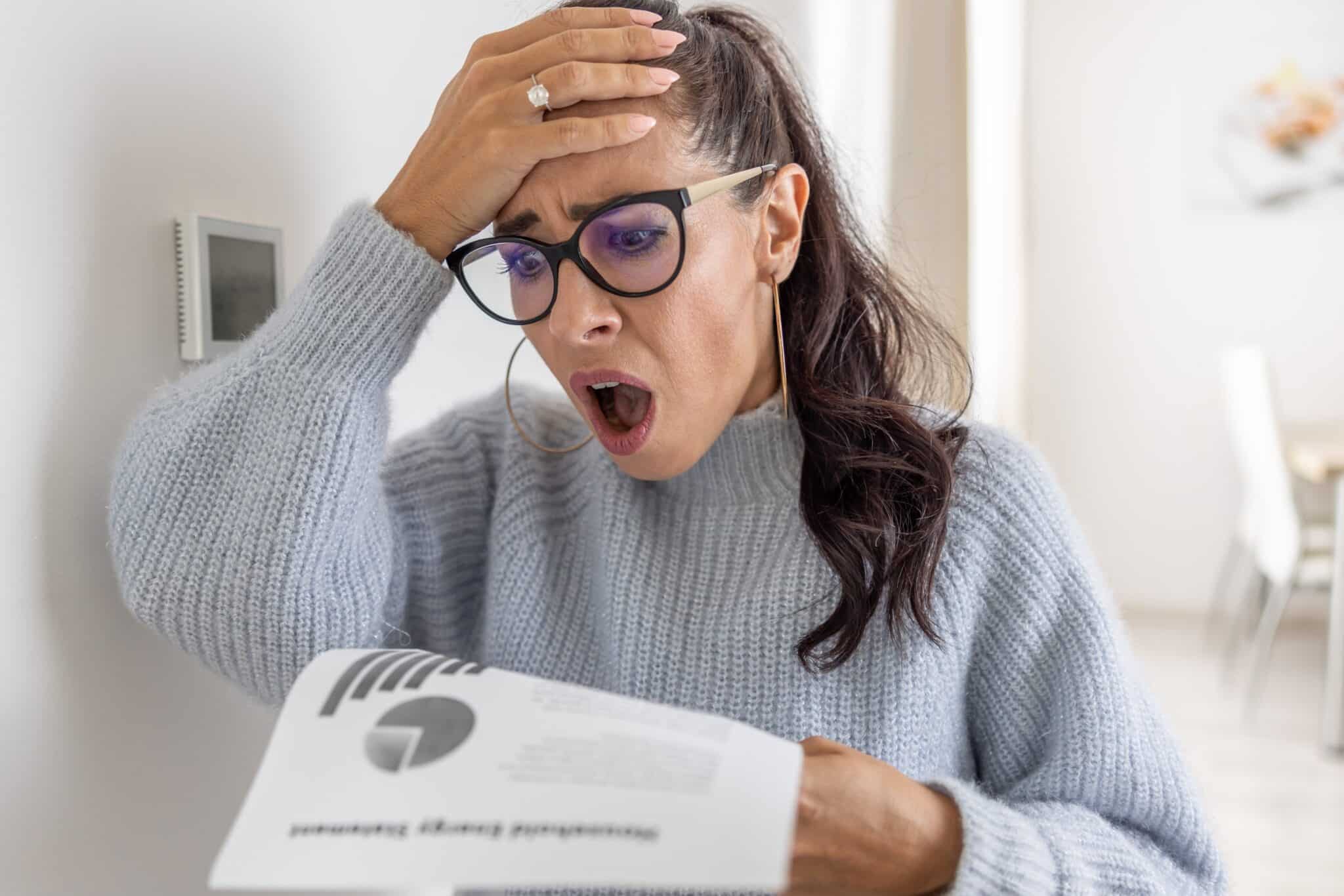Heating costs are rising in Houston, making winter energy bills harder to manage. Cold snaps force heating systems to work harder, increasing energy use. Poor insulation, outdated HVAC systems, and air leaks reduce efficiency. Improving energy efficiency helps lower costs. Simple changes—like sealing drafts, upgrading insulation, and using smart thermostats—reduce energy waste and keep homes warm.
Why Are Heating Costs Rising?
Heating costs continue to increase due to several key factors, including energy demand, supply issues, and weather conditions. During winter, more homeowners rely on heating systems, causing a spike in energy consumption. This increased demand puts pressure on power grids, leading to higher energy rates. Supply chain disruptions and fluctuations in fuel availability also contribute to rising expenses. When fuel sources become limited, heating systems must work harder to maintain indoor temperatures.
In Houston, unpredictable winter weather significantly impacts heating costs. While the city is known for its mild climate, sudden cold fronts can cause temperatures to drop quickly. When this happens, homeowners turn up their heaters, increasing energy use. Many homes in Houston are not designed for extreme cold, which leads to heat loss through poor insulation and air leaks. Outdated HVAC systems and inefficient ductwork can further drive up energy bills by wasting heat.
Understanding these factors allows homeowners to take proactive steps in reducing heating expenses. Improving insulation, sealing air leaks, and scheduling regular HVAC maintenance can help optimize energy use. Investing in energy-efficient heating solutions ensures better performance while keeping homes warm without excessive energy consumption. By addressing these challenges, homeowners can manage their heating costs effectively throughout the winter season.
How Insulation Impacts Your Heating Costs
Proper insulation is essential for maintaining indoor temperatures and lowering heating costs. Without adequate insulation, heat escapes, forcing heating systems to work harder. This results in higher energy consumption and increased utility bills. In Houston, where homes are built for warm weather, insulation upgrades can improve efficiency during winter.
-
Heat Loss & Higher Energy Bills
- Warm air naturally moves to colder areas, escaping through walls, ceilings, floors, and windows.
- Poor insulation forces heating systems to run longer, increasing energy use.
- Heat loss leads to inconsistent indoor temperatures, making homes less comfortable.
-
Best Insulation for Houston’s Climate
- Fiberglass batts – Affordable and effective for walls, attics, and crawl spaces.
- Spray foam – Seals gaps and provides excellent thermal resistance.
- Blown-in cellulose – Ideal for retrofitting older homes with better insulation.
- Radiant barriers – Reflects heat, reducing energy waste year-round.
-
Sealing Air Leaks for Maximum Efficiency
- Use weatherstripping around doors and windows to prevent heat loss.
- Apply caulking to seal gaps around vents, pipes, and electrical outlets.
- Upgrade attic insulation to reduce warm air escape.
Improving insulation prevents energy waste, reduces heating costs, and keeps homes comfortable during winter. Proper insulation upgrades can provide long-term savings and improve overall efficiency.
Smart Thermostats: A Cost-Saving Investment
A smart thermostat is a simple yet effective way to lower heating costs while improving home comfort. These devices optimize energy use by automatically adjusting indoor temperatures based on schedules, real-time conditions, and user preferences. In Houston, where winter temperatures fluctuate, smart thermostats ensure efficient heating without unnecessary energy waste.
-
Optimizing Energy Use with Programmable Settings
- Automated scheduling adjusts temperatures based on daily routines, reducing energy waste.
- Eco-mode lowers heating when no one is home, saving energy without sacrificing comfort.
- Adaptive learning allows the thermostat to track heating habits and adjust settings accordingly.
- Energy reports provide insights into usage patterns, helping homeowners improve efficiency.
-
Remote Temperature Control for Maximum Convenience
- Wi-Fi connectivity allows users to control settings from anywhere via a smartphone app.
- Weather-based adjustments help the thermostat adapt to sudden Houston temperature drops.
- Voice control compatibility enables hands-free temperature changes with smart home assistants.
- Multi-zone control allows for customized heating in different areas of the home.
Installing a smart thermostat reduces energy waste, enhances comfort, and helps homeowners manage heating costs more effectively. With automated scheduling and remote access, smart thermostats provide an effortless way to improve efficiency during the colder months.

HVAC Maintenance: The Key to Lower Heating Costs
Regular HVAC maintenance is one of the most effective ways to reduce heating costs and improve energy efficiency. A well-maintained system uses less energy, operates more efficiently, and prevents costly breakdowns. In Houston, where winter temperatures fluctuate, ensuring your heating system runs optimally can make a big difference in energy savings.
How Routine HVAC Maintenance Improves Efficiency
- Prevents energy waste – Cleaning essential components reduces system strain, improving performance and lowering energy consumption.
- Improves airflow – Replacing air filters ensures warm air circulates efficiently, reducing the need for prolonged heating cycles.
- Ensures accurate temperature control – Calibrating the thermostat prevents excessive heating and keeps energy use in check.
- Extends system lifespan – Lubricating moving parts reduces wear and tear, preventing unexpected failures and costly repairs.
Common Issues That Increase Heating Costs
- Clogged air filters – Restricted airflow forces the system to work harder, increasing energy use.
- Leaky ducts – Heat escapes through cracks, making the system run longer to maintain warmth.
- Faulty thermostats – Inaccurate readings cause unnecessary heating, driving up energy bills.
- Dirty burners – Reduced heat output forces the system to operate inefficiently.
Long-Term Benefits of HVAC Maintenance
- Reduces heating costs – A well-maintained system uses energy efficiently, leading to lower utility bills.
- Enhances comfort – Proper maintenance ensures consistent heating, eliminating cold spots and temperature fluctuations.
- Prevents costly repairs – Detecting issues early avoids expensive breakdowns and system failures.
Investing in routine HVAC maintenance keeps your heating system efficient, reliable, and cost-effective. By addressing small problems before they escalate, homeowners can enjoy a warm, energy-efficient home while keeping heating costs under control.
Energy-Efficient Heating Options
Upgrading to energy-efficient heating options can significantly lower heating costs while improving home comfort. Traditional heating systems, such as gas furnaces and electric resistance heaters, consume more energy to generate heat. In contrast, high-efficiency models use advanced technology to optimize energy use and reduce waste. In Houston’s mild winter climate, switching to a more efficient system can lead to long-term savings.
Traditional Heating Systems vs. High-Efficiency Models
- Gas furnaces – Standard furnaces burn natural gas to generate heat, but older models waste energy through inefficient combustion and heat loss. High-efficiency models use condensing technology to maximize heat output while minimizing fuel consumption.
- Electric resistance heaters – Space heaters and baseboard heaters convert electricity into heat but can be expensive to operate. Energy-efficient alternatives, like heat pumps, provide better performance with lower energy use.
- Oil furnaces – Some homes still rely on oil-based heating, which produces high emissions and requires frequent fuel refills. Modern systems, such as heat pumps and hybrid heating solutions, offer more efficient and environmentally friendly alternatives.
How Heat Pumps Lower Heating Costs
- Efficient heating process – Heat pumps transfer heat from the outside air or ground rather than generating it, reducing energy use.
- Year-round functionality – Many heat pumps provide both heating and cooling, eliminating the need for separate systems.
- Lower operational costs – Since heat pumps use less electricity, they help homeowners reduce their monthly energy bills.
Alternative Heating Solutions for Energy Savings
- Hybrid heating systems – These combine a heat pump with a high-efficiency furnace, automatically switching based on outdoor temperatures to optimize efficiency.
- Radiant floor heating – This system uses heated water or electric coils under the flooring to distribute heat evenly, reducing energy waste.
- Ductless mini-split systems – These units provide zoned heating and cooling without the energy loss associated with traditional ductwork.
Switching to energy-efficient heating options helps homeowners reduce heating costs, improve indoor comfort, and lower environmental impact. By choosing the right system for their home, they can enjoy reliable warmth while saving money on energy bills.

Simple Habits to Reduce Heating Costs
Reducing heating costs does not always require expensive upgrades. Small daily habits can significantly improve energy efficiency while keeping your home comfortable. By making smart adjustments to how you use your heating system, you can lower energy consumption and save money throughout the colder months.
-
Adjust Thermostat Settings for Maximum Efficiency
Lowering the thermostat by a few degrees can make a noticeable difference in heating costs. Setting the temperature to 68°F during the day and lowering it at night reduces energy use without sacrificing comfort. A programmable thermostat automates temperature adjustments, preventing unnecessary heating when no one is home.
-
Use Ceiling Fans to Distribute Warm Air
Most people associate ceiling fans with cooling, but they can also help in winter. Running a ceiling fan on low speed in reverse mode pushes warm air downward, keeping rooms warmer without increasing heater usage. This simple adjustment reduces heating costs by making the most of the warm air already in your home.
-
Maximize Natural Heat from the Sun
Taking advantage of sunlight is an easy way to warm up your home for free. Keeping curtains and blinds open during the day allows sunlight to naturally heat your living space. Closing them at night helps insulate windows, preventing heat loss and maintaining indoor warmth.
-
Seal Drafts and Insulate Windows
Unsealed doors, windows, and vents allow warm air to escape, making your heating system work harder. Using weatherstripping and caulk around doors and windows prevents drafts, improving overall energy efficiency. Adding thick curtains or window insulation film provides extra protection against heat loss.
-
Maintain Your HVAC System Regularly
A well-maintained heating system runs more efficiently, reducing unnecessary energy waste. Changing air filters every 1-3 months improves airflow and keeps your HVAC system running smoothly. Scheduling annual maintenance checks ensures all components function properly, preventing costly breakdowns and improving energy efficiency.
By adopting these simple habits, homeowners can lower heating costs while maintaining a warm, comfortable home. Small adjustments in daily routines and home maintenance can lead to long-term savings on energy bills.
The Role of Ductwork in Heating Efficiency
Ductwork plays a vital role in home heating efficiency. Leaky, poorly insulated, or clogged ducts force heating systems to work harder, increasing heating costs. In Houston, where homes are designed for warm weather, optimizing ductwork ensures better heat retention during colder months.
The Impact of Duct Leaks on Heating Costs
Studies show that up to 30% of heated air escapes through cracks, gaps, and unsealed duct connections. This energy loss forces the system to run longer, consuming more power and raising heating costs. Properly sealed and insulated ducts improve airflow, allowing the heating system to operate efficiently.
Signs Your Ductwork Is Reducing Efficiency
Uneven indoor temperatures, weak airflow, and excessive dust buildup near vents often indicate duct problems. High energy bills and unusual noises, such as rattling or whistling, suggest leaks or blockages that reduce efficiency and increase heating costs.
Ways to Improve Duct Performance
Sealing leaks with mastic sealant or metal tape prevents heat loss and ensures warm air reaches intended spaces. Adding duct insulation in attics and crawl spaces helps maintain air temperature. Regular duct cleaning removes debris, improving airflow and lowering heating costs.
Optimizing ductwork enhances heating efficiency, reduces energy waste, and lowers heating costs. Proper maintenance helps homeowners achieve consistent indoor comfort and long-term energy savings.
Alternative Heating Methods for Mild Houston Winters
Houston’s winters are generally mild, but occasional cold snaps can make additional heating necessary. While central heating is the primary source of warmth, alternative heating methods can supplement it, improve energy efficiency, and reduce heating costs. Choosing the right heating option depends on energy efficiency, cost-effectiveness, and safety.
-
Are Space Heaters a Cost-Effective Solution?
Space heaters provide targeted warmth, making them ideal for heating small areas. However, they consume a significant amount of electricity, especially if used for long hours. Energy-efficient models with thermostats and automatic shut-off features help control usage and reduce waste. While they can supplement central heating, relying on them as a primary heat source can increase energy bills.
-
Fireplaces, Radiant Heaters, and Solar Heating Panels
Traditional wood-burning fireplaces create a cozy atmosphere but are inefficient at heating large spaces. Gas fireplaces offer better efficiency by producing consistent heat with less energy waste. Radiant heaters warm objects and people directly rather than heating the air, making them a great option for spot heating. Solar heating panels capture and store heat from the sun, providing an eco-friendly and cost-effective way to supplement home heating.
-
Safety Tips for Alternative Heat Sources
Using alternative heaters requires caution. Keep space heaters at least three feet away from flammable materials, and never leave them unattended. Fireplaces should have a sturdy screen to prevent embers from escaping. Proper ventilation is essential when using gas or wood-burning heating options to prevent carbon monoxide buildup. Regular maintenance and inspections ensure safe operation and prevent potential hazards.
Supplementing central heating with alternative heat sources can improve comfort while managing heating costs. By choosing efficient heating methods and following safety guidelines, homeowners can stay warm during Houston’s mild winters without unnecessary energy waste.
Stay Warm and Save on Heating Costs with Southern Comfort Heating & Air Services
Managing heating costs is easier with the right approach. Improving insulation, sealing air leaks, and upgrading to energy-efficient heating systems can significantly reduce energy waste. Routine HVAC maintenance, smart thermostat installations, and alternative heating methods, such as fireplaces or radiant heaters, also help maximize efficiency. By adopting these strategies, homeowners can maintain a comfortable indoor environment without excessive energy bills.
At Southern Comfort Heating & Air Services, we provide expert solutions to improve heating efficiency for homeowners in Houston. Our team specializes in HVAC maintenance, duct inspections, and insulation upgrades to ensure your system runs at peak performance. We also offer energy-saving solutions tailored to your home’s needs, helping you optimize heating without unnecessary energy use.
Reliable heating should not come at a high cost. Contact Southern Comfort Heating & Air Services today for a consultation. Our experts are ready to help you lower heating costs while keeping your home warm and energy-efficient throughout the winter.
FAQS
-
Why are my heating costs increasing?
Heating costs rise due to increased energy demand, poor insulation, and inefficient heating systems. Leaky ducts, clogged filters, and thermostat mismanagement force heating systems to work harder, raising energy bills. Regular maintenance and energy-efficient upgrades help reduce costs.
-
How can I lower heating costs without upgrading my system?
Simple changes can improve efficiency without costly upgrades. Adjusting the thermostat, sealing air leaks, using ceiling fans to distribute warm air, and improving insulation all help reduce heating costs. Regular HVAC maintenance also ensures optimal performance.
-
Are space heaters an efficient way to heat my home?
Space heaters work well for small areas but are not ideal for whole-home heating. They consume high amounts of electricity, increasing heating costs if used continuously. Optimizing central heating and sealing drafts is a more cost-effective solution.
-
What is the best thermostat setting to lower heating costs?
Setting the thermostat to 68°F during the day and lowering it at night reduces energy use. A programmable or smart thermostat automates temperature adjustments for optimal efficiency.
-
How can I tell if my home is losing heat?
Signs of heat loss include cold drafts, uneven temperatures, and rising heating costs. Checking for air leaks, upgrading insulation, and sealing windows can improve heating efficiency and prevent energy waste.
Struggling with high heating costs? Southern Comfort Heating & Air Services provides expert solutions to improve efficiency. Contact us today for professional HVAC services and energy-saving upgrades. improvements.























